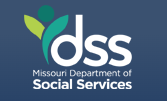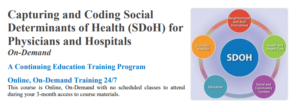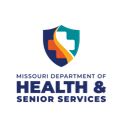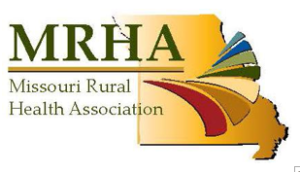May 20, 2024
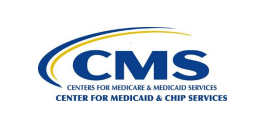
State Strategies to Improve Behavioral Health for Those Experiencing Homelessness
The Center for Medicaid and CHIP Services (CMCS) issued an Informational Bulletin to highlight available Medicaid and Children’s Health Insurance Program (CHIP) opportunities to improve access to mental health (MH) and substance use disorder (SUD) services for individuals experiencing homelessness.
It discusses Medicaid demonstrations, the Health-Related Social Needs (HRSN) Guidance and HRSN Framework to provide clinically appropriate services such as housing transition services and case management, and demonstration projects to improve access to the full continuum o9f care for SUD treatment, including in short-term residential treatment and inpatient settings.
It also provides a list of resources for improving access to MH and SUD treatment and to support for people with these conditions who are experiencing or at risk for homelessness.
According to the Department of Housing and Urban Development, about 18 percent of people experiencing homelessness live in largely rural Continuums of Care, which are local planning bodies responsible for coordinating the full range of homelessness services in a geographic area.

